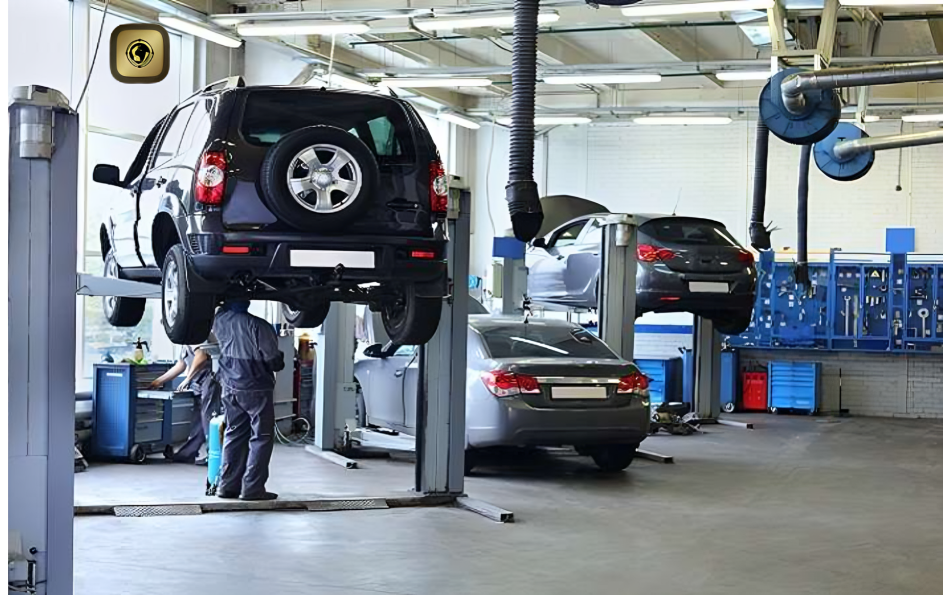March 30, 2025
When discussing car insurance, most of us think of accidents, theft, or weather-related damage, but what about the less frequent risks? Rodent damage is frequently ignored until it turns into an expensive issue. In this blog, we will look into how rodents can harm your vehicle, whether comprehensive insurance covers this type of damage, and ways to avoid it.
What Are the Typical Damages Caused by Rodents in a Vehicle?
Rodents such as rats and mice can inflict considerable harm to your automobile. They often seek refuge in your car’s engine compartment, air vents, or even within the seats. The most frequent damage inflicted by rodents is wire chewing.
This may result in electrical failures, potentially rendering your vehicle inoperable. If rodents gnaw on critical parts like engine wiring or transmission cables, the repair costs could be substantial. In addition to wiring problems, rodents might scratch or chew the upholstery, plastic components, and hoses, resulting in unpleasant odors and unsightly damage.
Occasionally, they may also create nests inside the vehicle by using debris and materials found within, which can hinder the car’s operation.
Is Rodent Damage Included in Comprehensive Car Insurance?
If you possess comprehensive car insurance, you might be covered for damages caused by rodents, but there are a few factors to consider. The policy generally provides coverage for damage from non-collision events, which can comprise vandalism, weather, and even animal-related damage.
Nevertheless, rodent damage can be complicated since not all insurance policies include rodent coverage. It is crucial to review the fine print of your comprehensive insurance policy or consult with your insurance provider to verify whether rodent damage is encompassed. In most instances, if you have this coverage, your insurer will compensate you for repairs as long as you report the damage in a timely manner.
Here’s a straightforward guide to follow if you suspect rodent damage:
1. Document the Damage: Capture clear images of the affected areas and compile a list of all the damages caused by the rodents.
2. Report the Damage: Reach out to your insurance company right away to initiate a claim. Whether through their website or a phone call, they will assist you throughout the procedure.
3. Inspection and Reimbursement: An adjuster will evaluate the damage. Depending on your policy, you may receive reimbursement for required repairs, which could involve fixing the damaged wiring or upholstery.
How to Avoid Rodent Damage to Your Automobile?
Third-party car insurance does not cover rodent damage, and neither do some comprehensive policies. Therefore, prevention is essential to evade the worry and expense of repairs. Here are a few suggestions to help keep rodents away from your vehicle:
• Keep your car clean: Rodents are drawn to food remnants. Make certain that your car’s interior is devoid of crumbs, wrappers, or other food-related waste.
• Park your car indoors: If feasible, always park your car in a garage, as this can greatly decrease the chances of rodents entering your vehicle.
• Seal entry points:
Inspect your vehicle for openings or flaws where rodents might enter, particularly around the engine area.
- Utilize repellents:
Specific odors, such as peppermint oil, can repel rodents. You can also utilize rodent-repellent products that are available for purchase. - Regularly relocate your vehicle:
Rodents are more inclined to target cars that remain stationary for extended periods. Move your vehicle at least once a week to prevent attracting rodents.
Conclusion
Rodent-related damage can pose a significant issue for car owners, but with thorough car insurance, you can feel confident that repairs could be covered. Always review your policy for rodent coverage and implement preventive strategies to safeguard your vehicle from these troublesome intruders.
Disclaimer: The information provided above is for illustrative purposes only. For additional information, please consult the policy documentation and prospectus prior to finalizing the sale.



Leave A Comment